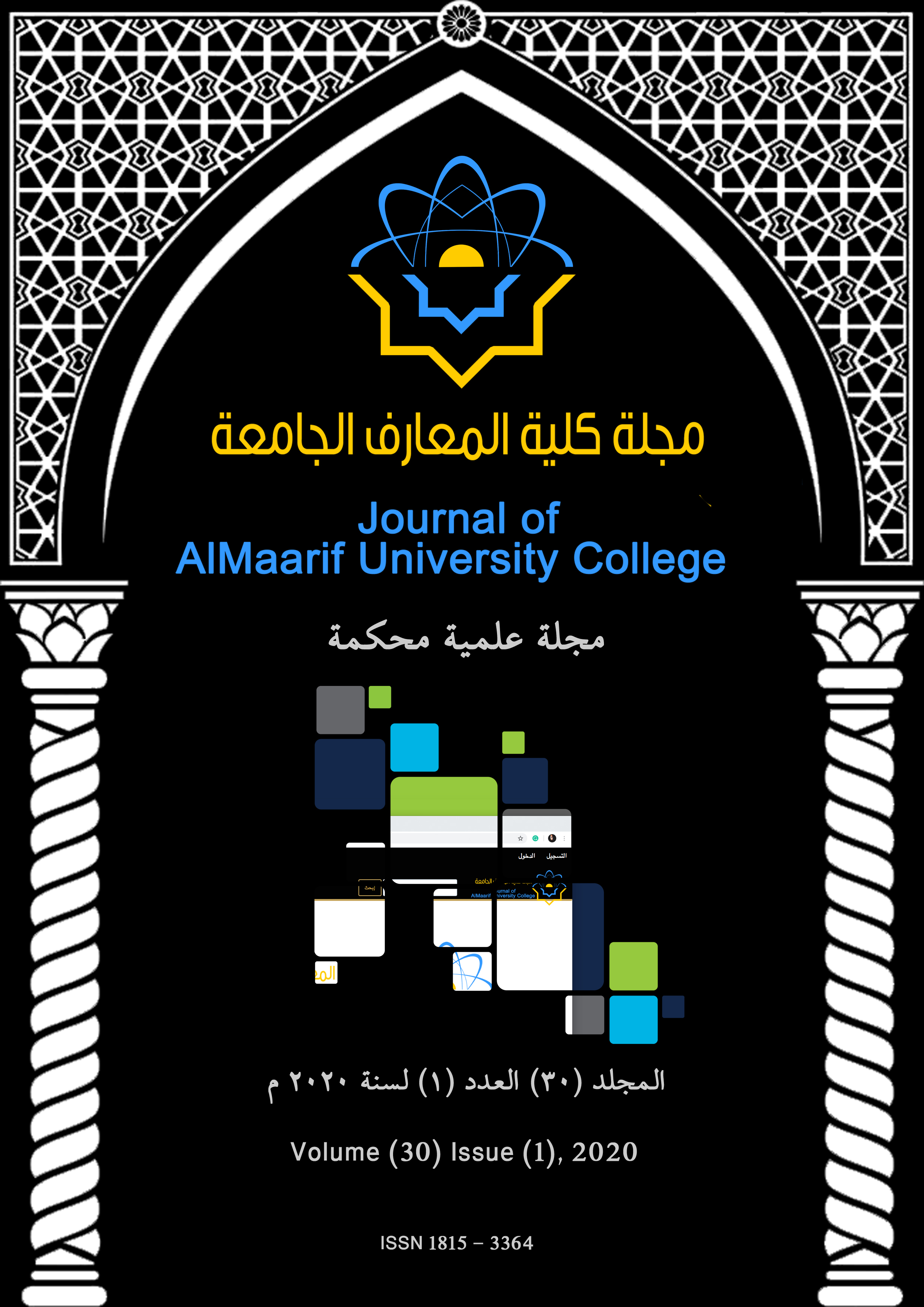The Myth of Empty Iraq in Kevin Powers’s The Yellow Birds
Main Article Content
Abstract
This paper explores the myth of empty Iraq in Kevin Powers’s The Yellow Birds ( 2012). The study accentuates the Anglo-American invasion of Iraq as pseudo-fact i.e., the war was waged on the grounds of bogus claims. That is, there had been no justified allegation upon which the invasion would be initiated. Therefore, the study will examine the narrative reliability that tells the story from an objective perspective. The American protagonist narrator discovers the deception of the American government when he repatriates. He becomes convinced that his military experience reinforced his belief that the war was waged for nihilistic purposes when he was deployed in Iraq; and there was no real reason for invading it since it does not have mass destruction weapons. The study, accordingly, will unravel this experience as a conspicuous proof of the empty Iraq; and the invasion was fabricated on imperial ideologies. Through the protagonist’s omniscient narrative perspective, Iraq will be scrutinized as a heavenly arcadia for peace and universal coexistence. As such, the discussion will prove the mythical fraudulent contemporary western mass media’s depiction of Iraq as a hellish abyss inferno. Instead, the study will identify it as a perfect place of unprecedented hospitality and empty of malicious feud towards the west, which is meticulously portrayed by the novel’s American narrator. To achieve this objective, the study will apply the butterfly effect theory to identify how the protagonist’s experience is the lurking “cause” of mature awareness of the American campaign against Iraq, which will be interpreted as the “effect” resulting in a profound recognition of Iraq as a prime influential Middle Eastern state.

